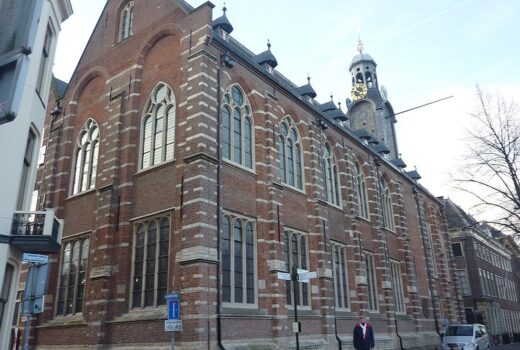Muziek houdt geestelijk jong

“Musical activity throughout life may serve as a challengingcognitive exercise, making your brain fitter and more capable ofaccommodating the challenges of aging,” concludeert prof BrendaHanna-Pladdy, neuroloog aan de Emory University School ofMedicine. “Since studying an instrument requires years of practiceand learning, it may create alternate connections in the brain thatcould compensate for cognitive declines as we get older.”
Fitte muziekbejaarden
The study participants ranged in age from 60 to 83. One grouphad no musical training, one had one to nine years of musicalstudy, and the third group had 10 or more years. None of theparticipants had Alzheimer’s disease, and all had similar levels ofeducation and fitness.
“Based on previous research and our study results, we believethat both the years of musical participation and the age ofacquisition are crucial,” said Hanna-Pladdy. The participants eachunderwent a neuropsychological assessment, including tests ofverbal functioning, memory and attention. Those who had studiedmusic the longest performed best, followed by the next group ofmusicians. The non-musicians scored lowest on all tests.
Barok, opera, Liszt, Gurre
Dus blijf de komende Paasdagen vief en fris voor de komendedecennia met de volgende stukken van ScienceGuide:
-Over het nieuwe
-Over de unieke uitvoering van de
-Over Melanie Diener, de
-Over 200 jaar Franz Liszt
Meest Gelezen
Vrouwen houden universiteit draaiende, maar krijgen daarvoor geen waardering
Hbo-docent wil wel rolmodel zijn, maar niet eigen moreel kompas opdringen
‘Sluijsmans et al. slaan de plank volledig mis’
Wederom intimidatie van journalisten door universiteit, nu in Delft
‘Free riding brengt het hoger onderwijs in de problemen’

